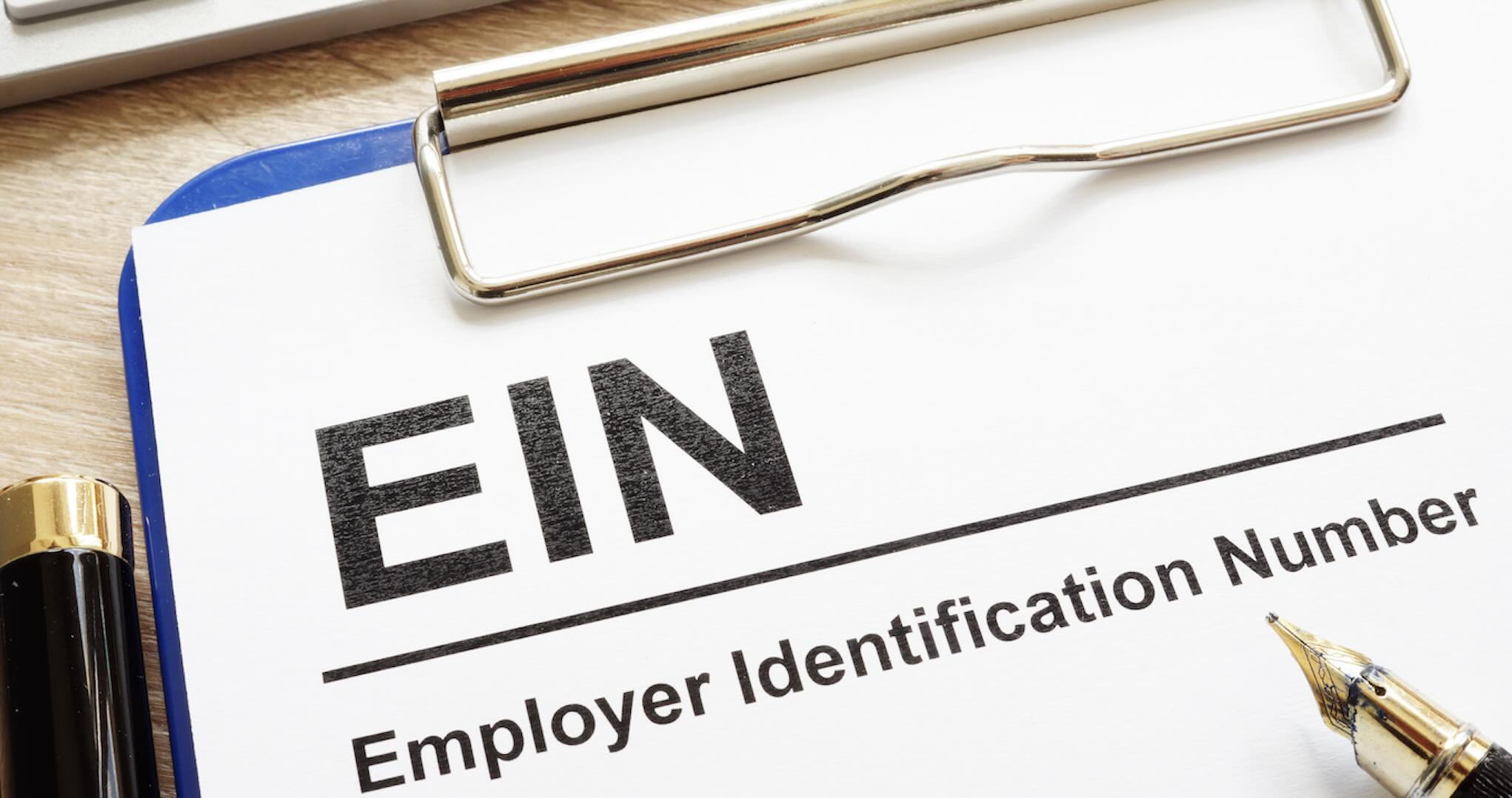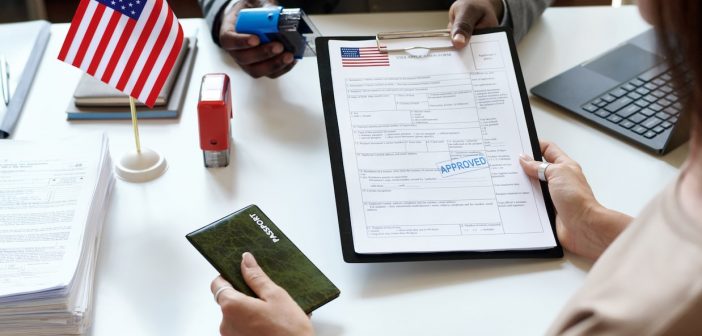Have a great business idea but unsure how to launch it in the US as a non-resident? Don’t let borders or paperwork stand in your entrepreneurial way.
Starting a thriving American company is completely achievable for savvy founders abroad. With smart planning around legal structures, taxes, banking, and hiring, you can turn your global vision into reality.
This guide will explore step-by-step how non-citizens can set up shop stateside. You’ll walk away empowered to build a successful venture that taps into the highly lucrative US market, no matter where you currently live. Read on to make your American business dreams happen.
Choose A Business Structure
When starting a business in the US as a non-resident, you must select an official business structure that aligns with your goals. Common options include an LLC, corporation, partnership, or sole proprietorship.
An LLC offers personal liability protection without corporate-level taxes, making it a popular pick for non-citizen entrepreneurs. To form an LLC, you’ll register with a business-friendly state and file articles of organization listing details like your chosen company name.
States like Delaware allow LLC registration specifically for non-residents. Just ensure that your selected business bank accounts, such as an LLC bank account non resident option, match the ownership structure you choose.
Register Your Business
Once you’ve selected a structure, you’ll need to register your company officially. The specific registration process varies by state and business type. For an LLC, you need to file the ‘articles of organization,’ which list your company name, address, registered agent, and manager details.
Also, ensure you meet all licensing and permit regulations for your particular industry. You may consult a registered agent to help you navigate through every requirement.
Set Up Business Bank Accounts
A key task is establishing US business bank accounts to handle company finances, payments, and taxes. As a non-resident, look for banks that allow non-resident owners. Be prepared to provide identifying documents and deposits.
Additionally, consider a merchant account to accept credit card payments as well. Keep business and personal accounts separate for easier record keeping.

Obtain An Employer Identification Number (EIN)
While not strictly required, it’s highly recommended to get an EIN from the Internal Revenue Service (IRS) when starting a US business as a non-citizen. This number helps open business bank accounts, apply for licenses and permits, manage company taxes, and hire employees later. It links to your LLC and replaces your personal Social Security Number (SSN) for company tax ID purposes.
Consider Tax Requirements
Understand how your non-resident status impacts your US business taxes. In most cases, your company will be treated as a partnership or disregarded entity when it comes to federal taxes. This means your company itself doesn’t pay taxes but rather ‘passes through’ profits and losses to you as the foreign owner.
You must then report this income and pay applicable taxes every year to the IRS and your state. Work with an accountant to handle proper tax documentation.
Choose Where To Base Your Business
As a non-resident with limited time in the country, it often makes sense to set up a virtual address or co-working space to use as your official business HQ and registered office address. Alternatively, hire a local registered agent authorized to accept mail and legal notices on your behalf.
Build Your Team
Consider hiring US accounting, legal, and tax professionals to support compliance and the financial and administrative aspects of running your stateside company. You may also want to build a US-based management team to oversee daily operations in your absence. The right local partners can help your biz thrive while you handle big picture duties from abroad. Be clear on roles and reporting structures.
Manage Immigration
Check how your non-resident status and home country passport impact US business travel requirements and length of stay. Becoming a business owner allows alternative visa options like the E-2 investor visa. Doing most of your work remotely back home also avoids issues. Just be aware of visa limitations when planning US trips for company meetings, conferences, or warehouse check-ins.
Market Your Business
With registration complete, it’s time to promote your company! Create a brand identity and marketing assets professional US consumers will trust. Highlight your unique angle as an internationally-owned venture.
Build buzz on social media, run targeted ads, and pitch to local blogs and publications. Attend relevant networking events when visiting the US, too. Consider an eCommerce storefront to sell abroad.
Final Thoughts
Launching a business as a non-US resident takes strategic planning, but the rewards can be tremendous. Arm yourself with the right knowledge on legal structures, licensing, taxes, immigration factors, and hiring support.
Setup is just step one—be prepared to actively promote and manage an American venture from your home country. Stay engaged with your US-based team for success. With focus and commitment, your global company can thrive!





2 Comments
Process consulting involves analyzing and optimizing organizational workflows to improve efficiency and effectiveness. Consultants in this field conduct process audits, workflow assessments, and process mapping exercises to identify bottlenecks and areas for improvement. They facilitate cross-functional collaboration, standardize operating procedures, and implement process improvements to drive organizational performance. Process consulting
I offer guidance on anti-money laundering (AML) regulations and assist clients with compliance related to money services businesses (MSBs) and FINTRAC requirements. toronto licences permits